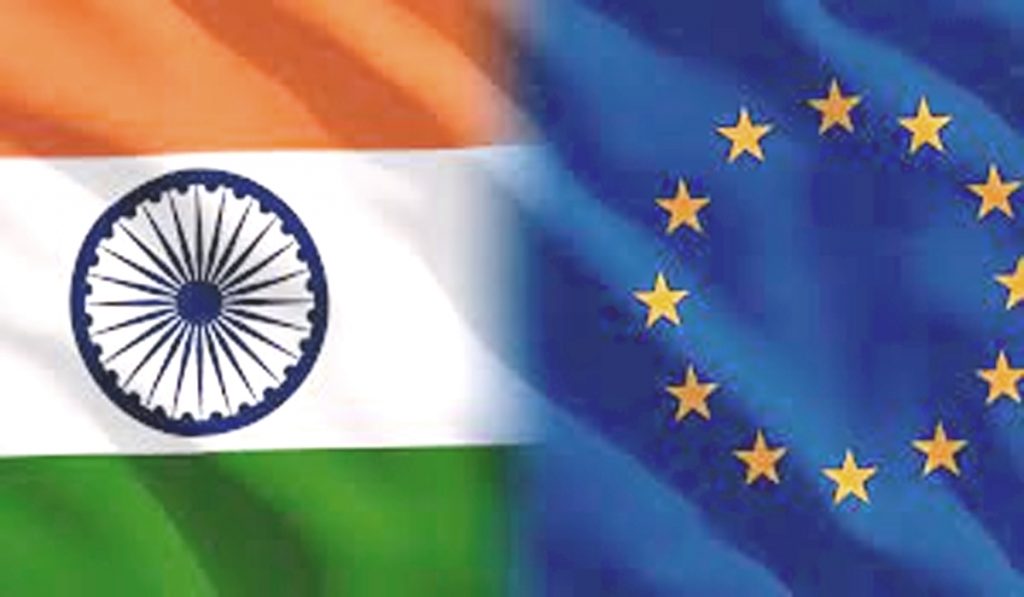New Delhi: The Indian government has extended a generous offer by opening up 82.7 percent of its tariff lines, encompassing 95.3 percent of EFTA exports. This moves involves reductions reductions in customs duties on goods from EFTA nations, promising to render Swiss cheese, chocolate, wine, watches, and other coveted products more affordable and more accessible for Indian consumers.
Additionally, India has provided concessions in 105 sub-sectors, such as IT, healthcare, and accounting, expected to boost its services exports to EFTA countries.
The agreement is poised to stimulate India’s services exports in areas where the country has key strengths, including IT, business, personal, cultural, sporting, recreational, educational, and audio-visual services.
This will help EFTA countries confidently expand their operations in India, supported by favourable policy measures and concessions.
A distinctive aspect of the India-EFTA trade deal is EFTA’s binding commitment to invest USD 100 billion in India over the next 15 years.
These investments will focus on manufacturing sectors like chemicals, pharmaceuticals, machinery, and food processing–key Indian export industries. They will also extend to service exports such as IT and accounting, as well as infrastructural sectors.
The trade deal is expected to enhance India’s manufacturing and services infrastructure, spur innovation, create jobs, and upskill the workforce.
It aims to boost domestic manufacturing in areas like infrastructure, connectivity, machinery, pharmaceuticals, chemicals, transport, logistics, banking, financial services, and insurance.
The agreement is set to strengthen India’s trade relations with Europe by improving market access for both India and EFTA members.
With the EFTA bloc now having secured an FTA with India, it gains access to a burgeoning market estimated to become the world’s fifth-largest consumer market by 2025.
EFTA has offered 92.2 per cent of its tariff lines to Indian exporters, granting 100 per cent market access for non-agricultural products and significant tariff concessions on Processed Agricultural Products (PAP).
The trade deal prioritizes tariff reductions and the simplification of trade procedures between India and EFTA, specifically targeting high-value items like fish from Iceland and Norway, advanced chemicals, pharmaceuticals, machine equipment, and Swiss chocolate.
EFTA countries can now export processed foods, electrical machinery, and engineering items to a vast market of 1.4 billion people at low tariffs.
Simultaneously, India seeks foreign investments from EFTA countries in manufacturing and aims to leverage the EFTA bloc for better market access to other European nations.
The trade deal is anticipated to increase foreign investments from EFTA nations, leveraging funds like the Norwegian Sovereign Wealth Fund and Switzerland’s established trade interests in India.
Moreover, the agreement is projected to enhance bilateral trade in technology and knowledge within the manufacturing sector, encompassing pharmaceuticals, food processing, and automobiles.
India signed a free trade agreement with the European Free Trade Association (EFTA) on March 10, concluding 21 rounds of negotiations that spanned 15 years.
The agreement is set to bring USD 100 billion in investments and generate one million direct jobs in India over the next 15 years.
As part of the deal, India has opened 105 sub-sectors to EFTA and secured commitments in 128 from Switzerland, 114 from Norway, 107 from Liechtenstein, and 110 from Iceland.
With a combined population of 13 million, the EFTA countries rank as the world’s tenth-largest traders of merchandise and eighth-largest providers of commercial services.
This trade deal represents a significant stride in India’s efforts to diversify its global trade partnerships and enhance its export capabilities, foreign investments, and supply chain resilience.
Established in 1960, the EFTA is an intergovernmental organization comprising Iceland, Liechtenstein, Norway, and Switzerland, dedicated to promoting economic cooperation and free trade across Europe.
